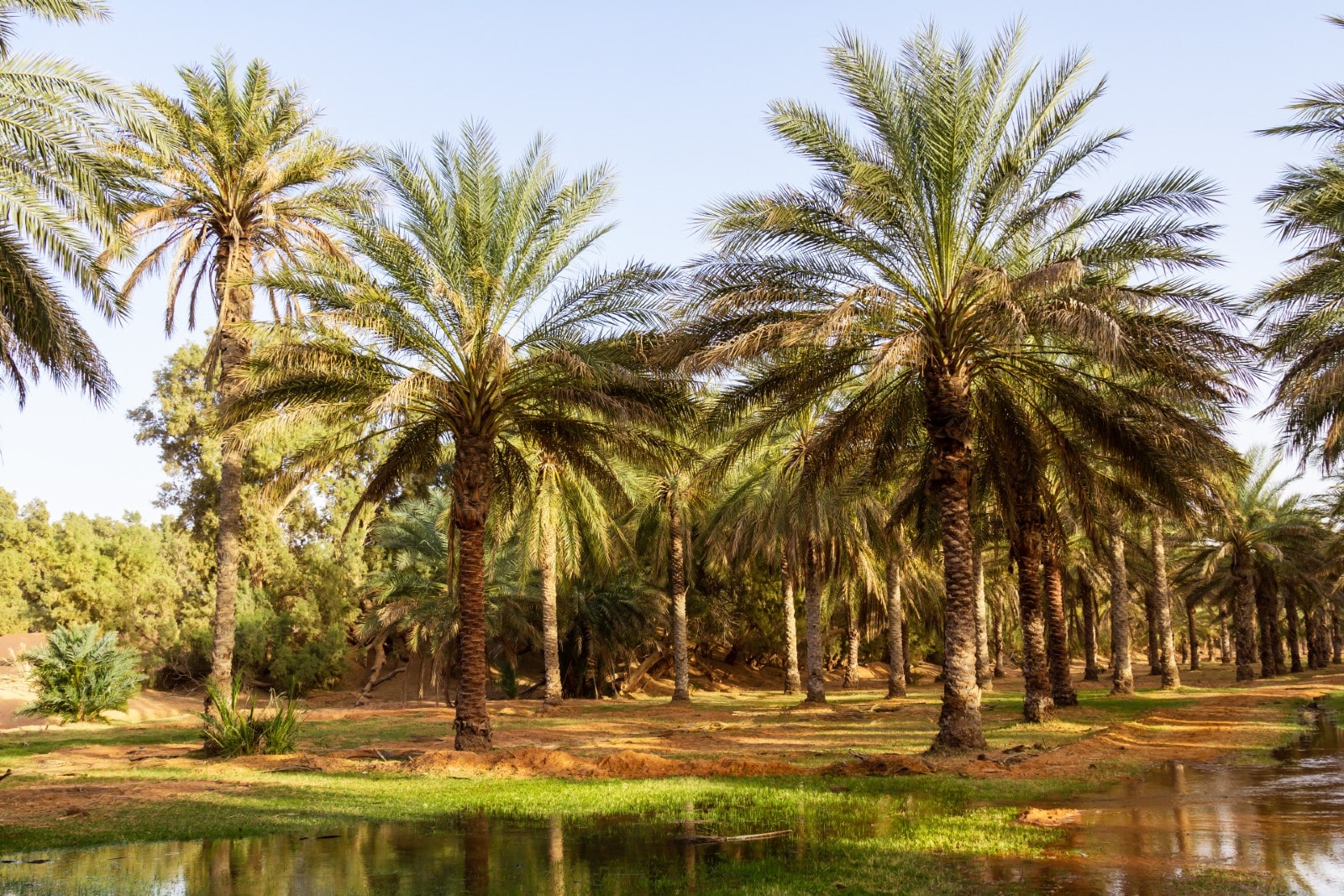Tunisia earmarks USD 12.3 bn in public spending for new green development plan

Tunisia’s new public policy targets greener agriculture: Tunisia’s government unveiled a 2023-2025 development plan aiming to “greenify” its agricultural industry, increase phosphate production, address rising poverty and spur more private sector investment, French daily publication Le Monde reports.
The financials: The country plans to allocate some USD 12.3 bn for the development program through public spending from 2023-2025, Le Monde notes. It’s also looking to bring in private sector participation through facilitating public-private partnerships, among other things. Tunisia is hoping to increase the private sector’s share of investments in the program to 60% over the three years.
The recently-agreed IMF loan could help drive these developments: Tunisia’s USD 1.9 bn IMF package, agreed upon in October, contains provisions designed to help the country build climate change resilience, we noted at the time. These requirements include measures to promote investment in renewables, land and water management, to preserve the country’s coastline, and support agriculture, health, and tourism. Tunisia is still awaiting the final green light from the IMF for the dispersal of funds — which should then spur other international support — Le Monde notes.
The “green” elements of the plan are focused on resource use: Tunisian authorities will seek to support startups that are addressing the issues of water scarcity and drought through innovations in water reuse, Le Monde notes. The government is also set to authorize the use of agricultural land for renewables projects — notably in wind and solar energy, it adds.
And a leap in phosphate production: Tunisia’s three-year plan is targeting an increase in annual phosphate production to 5.6 mn tons in 2023 and 12 mn tons in 2025 — up from its current 3.7 mn tons, Le Monde notes. Phosphates are among the country’s few natural resources, but their production has decreased dramatically over the past decade, the outlet adds.
We can assume this is meant to enhance food security: Phosphorus — the mineral found in phosphates — is essential for the growth of food, but its supply is “increasingly disrupted,” raising the risk of a global food crisis, notes a recent article in the Conversation. Tunisia is particularly vulnerable to food crises, having been recently identified by the IFC as one of several Arab countries (including Yemen, Iraq, Lebanon, and Libya) potentially in need of support from its soon-to-be-launched USD 6 bn global food security platform.
But there’s a catch: Phosphate mining has substantial environmental impacts, including air pollution, water contamination, and the degradation of wildlife.